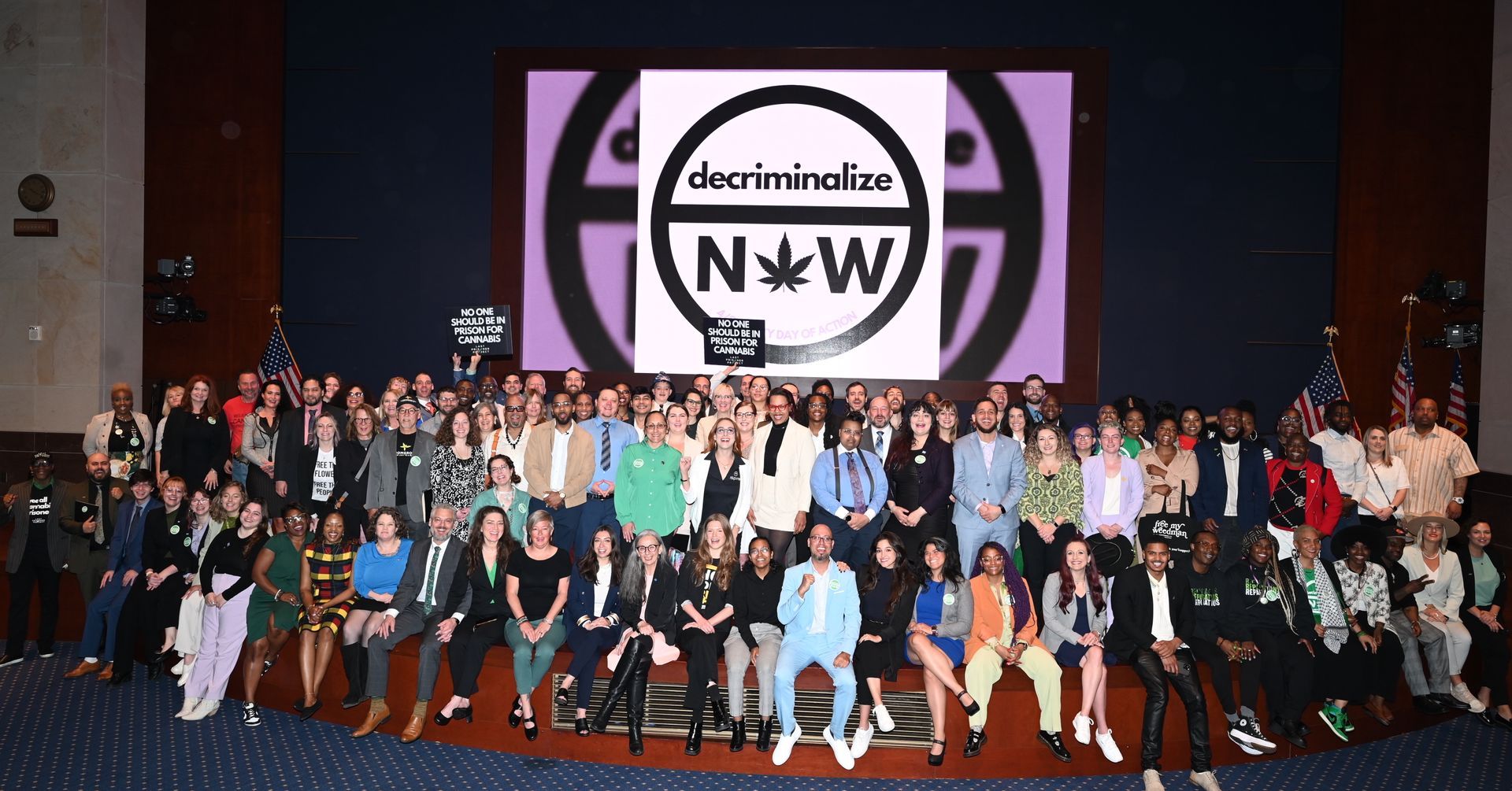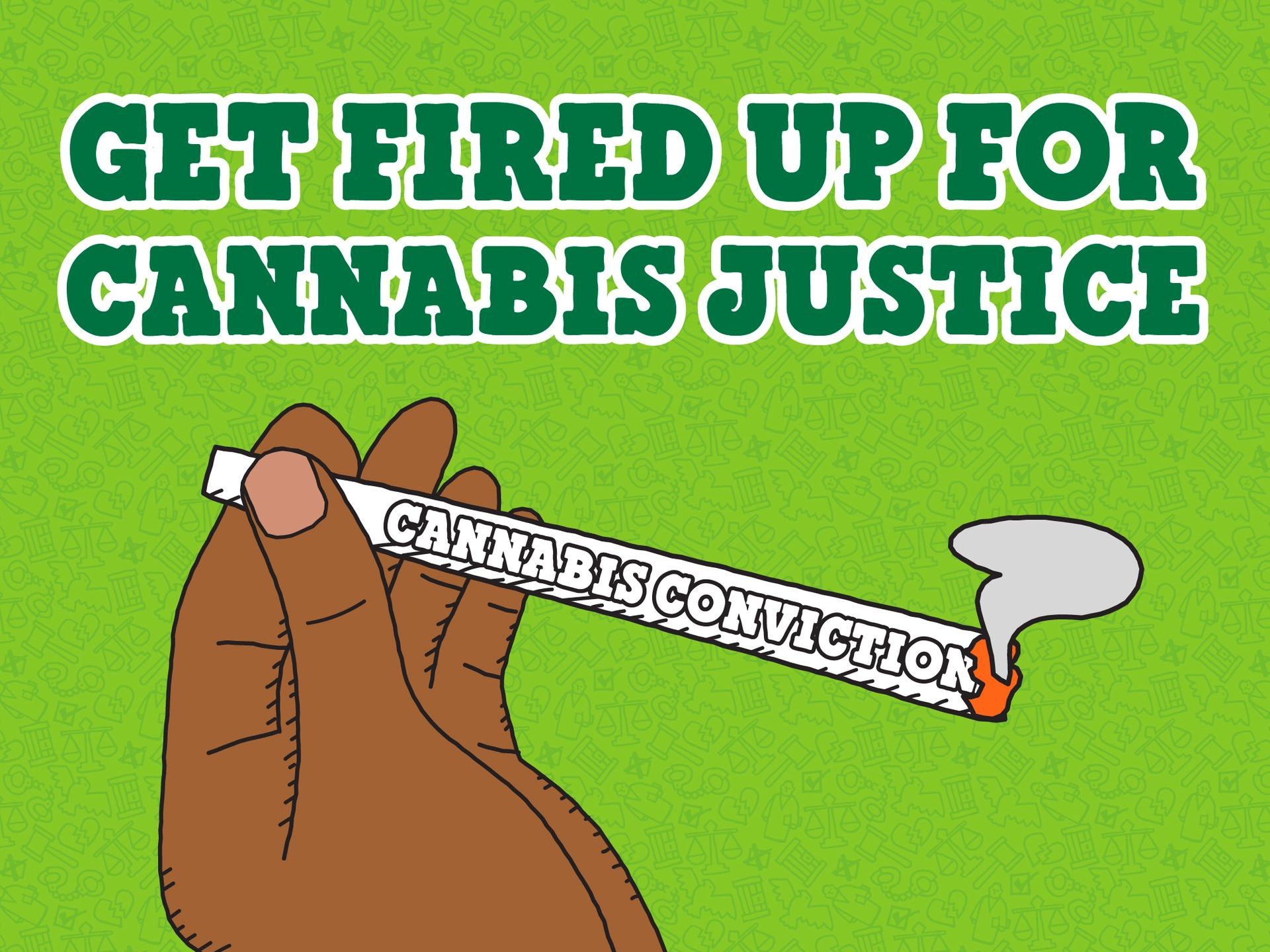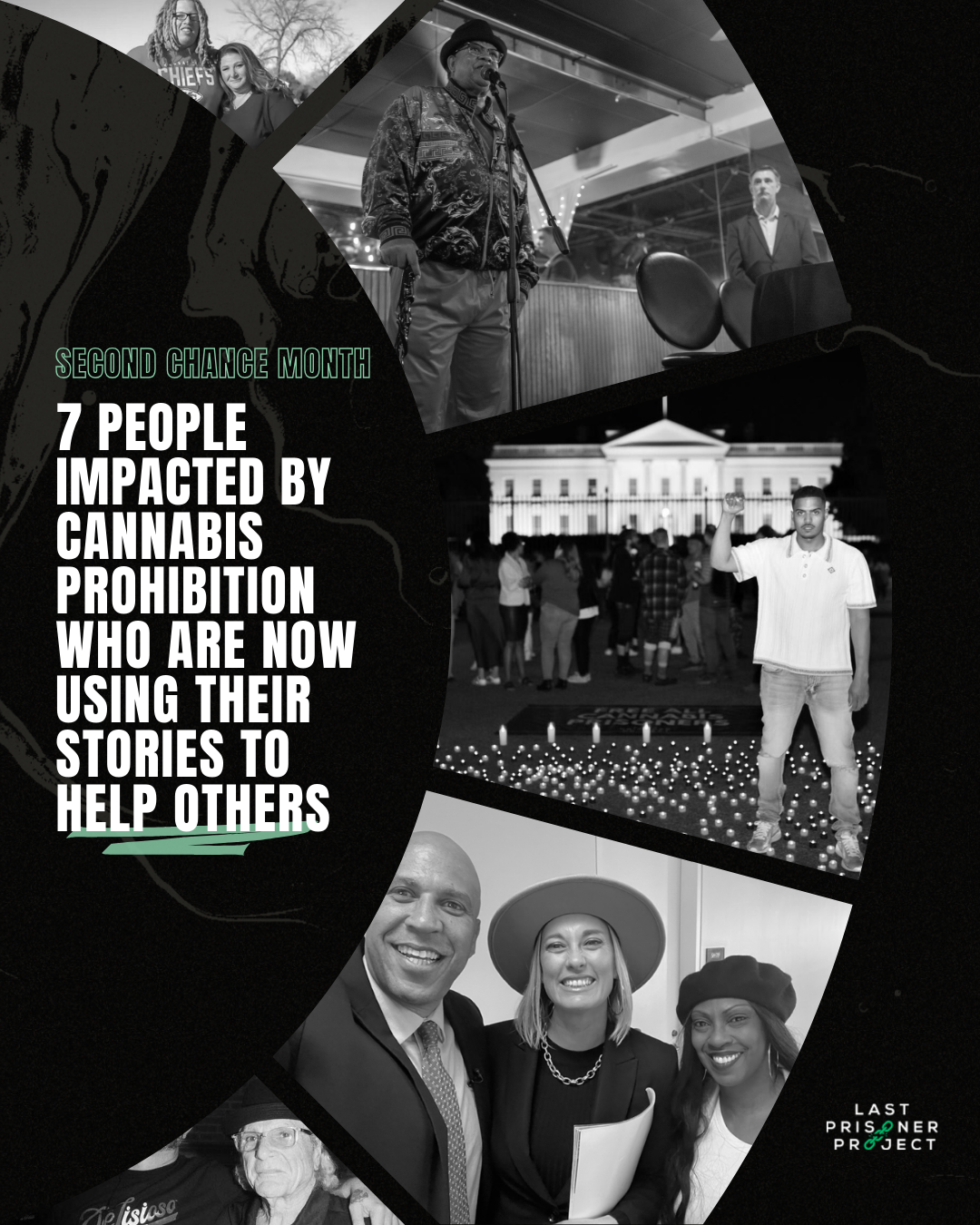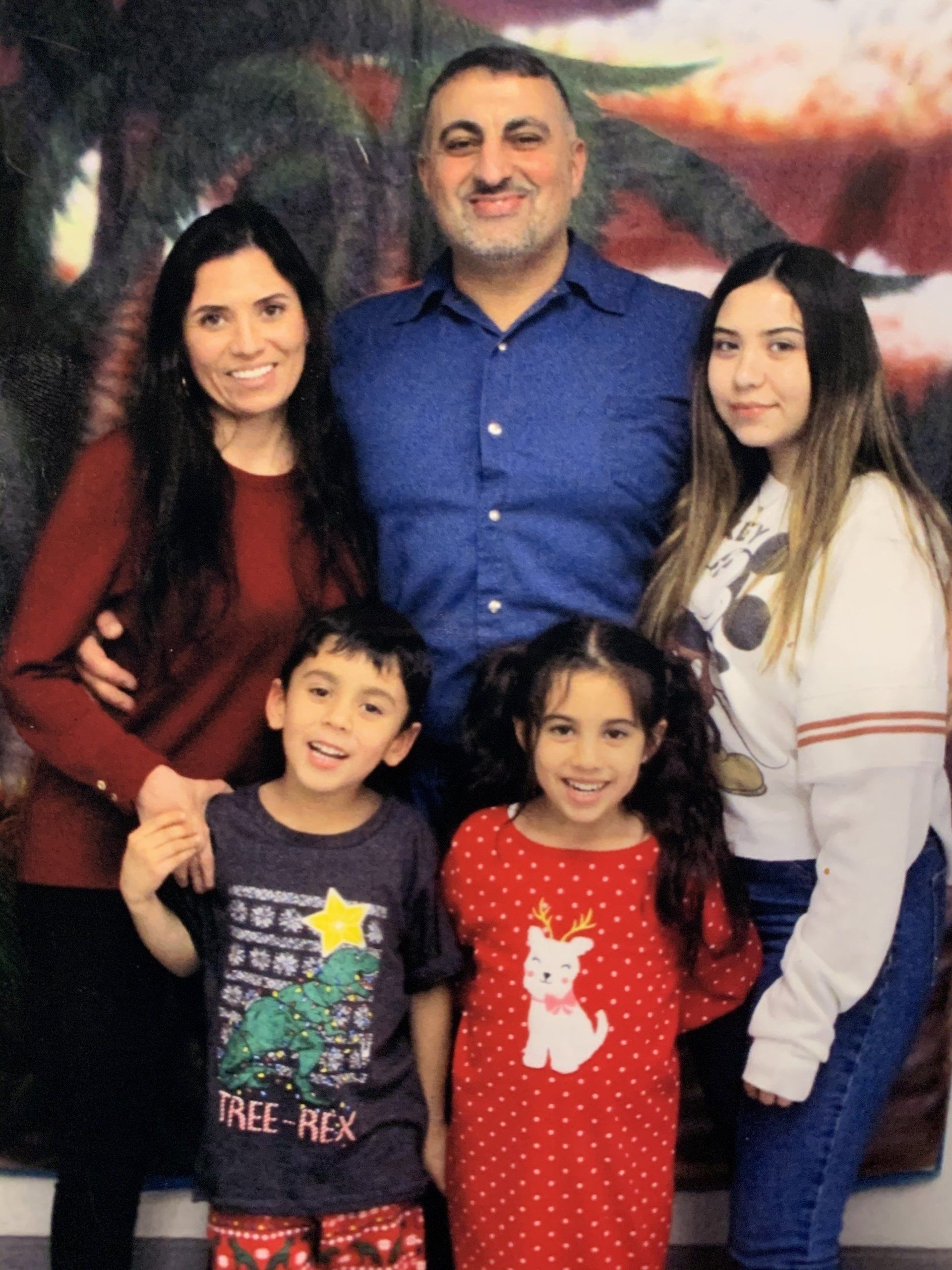Some Michigan Dispensary Owners are Millionaires while others are Inmates— Rudi Gammo’s Story
Some Michigan Dispensary Owners are Millionaires while others are Inmates— Rudi Gammo’s Story
2018 marked a historic year for cannabis legalization in Michigan as it became the 10th state, and the first state in the midwest, to legalize the possession and sale of cannabis for adult-use. 2018 also marked a historic injustice when husband and father of three Rudi Gammo was sentenced to five and a half years in prison for his operation of a city-sanctioned medical cannabis dispensary in Detroit.
While dispensaries have been operating legally in the state for almost two years, Rudi still languishes in prison for his victimless cannabis offense. Despite the fact that Michigan allows adults to possess up to 2.5 ounces of cannabis and grow up to 12 plants at home, Rudi was accused of running a "criminal enterprise" for allowing people to grow cannabis out of homes he owned in Oakland County for his dispensary.
From 2010 to 2016, unlicensed and unregulated gray market product was grown by caregivers and sold by hundreds of medical marijuana dispensaries in Michigan. Before 2018, this was the only way to operate and was permitted by most municipalities. Although Rudi’s municipally licensed dispensary in Detroit did nothing different and only distributed to verified patrons possessing medical marijuana cards, he was still sentenced to prison for a significant portion of his children’s’ young lives while others continue to profit unscathed. Today, there is still no uniformity in who gets prosecuted and sent to prison and who profits millions of dollars off of the very same actions and the very same industry.
Beyond this disparity in prosecution, Michigan is also lagging behind other recreational markets in terms of overall restorative justice legislation. It is the only state of the 13 states that have legalized for adult-use that has not provided for broad expungements for prior cannabis offenses (though a bill to change that recently passed in the senate). Despite a campaign promise to support cannabis expungements, Governor Gretchen Whitmer has still done nothing to advance this important policy issue. Because Governor Whitmer has failed to act, Rudi’s wife and three children still struggle today, particularly during the pandemic.
“My husband is everything for us, everything. He is the head of the family and he supports us on everything no matter what it is...My kid’s probably going to be 10 years old when he comes home. I just want a little bit of mercy, because my kids and me and my whole family need him, need him back." Rudi’s wife Vida told WXYZ News. Rudi’s children are reportedly receiving counseling as a result of the trauma of losing their father to the criminal legal system.
It is far past time that Michigan not only provide for a clean slate for those with cannabis offenses on their records via mechanisms like auto-expungement, but also commute the sentences of nonviolent marijuana offenders still serving time like Rudi. Rudi is a trailblazer in the cannabis industry--risking his freedom and his family’s wellbeing to contribute to an industry that along with providing an economic benefit to the state, also provides patients with often life-saving medicine. The industry, as well as our government, must be compelled to act in a way that ensures fairness and equality and restores freedom and justice for prisoners of the unjust drug war.
Stories like Rudi’s prove that legalization alone does not automatically repair the longstanding injustices and disproportionate enforcement of our legal system resulting from prohibition. Lawmakers and elected officials in Michigan must do their part to ensure that with legalization comes a system for redressing the past harms of the War on Drugs.
Last Prisoner Project,
MI Cannabis Caucus,
Redemption, and other cannabis advocates are working together to raise awareness and funding to support release & reentry efforts for Rudi Gammo, Michael Thompson, and other cannabis prisoners in Michigan. To donate to the Michigan Cannabis Prisoner Relief Fund, please go to http://bit.ly/MICannabisPrisonerRelief.







